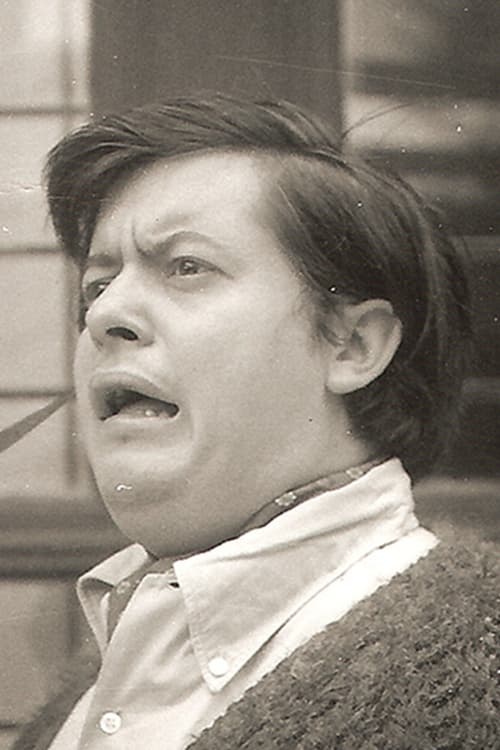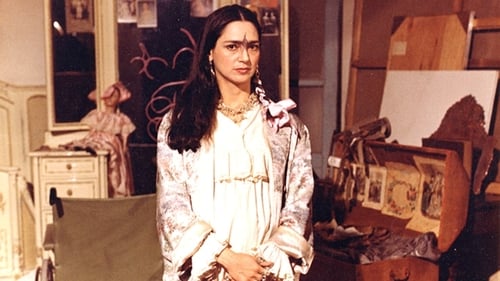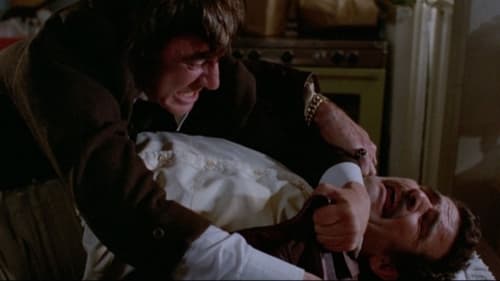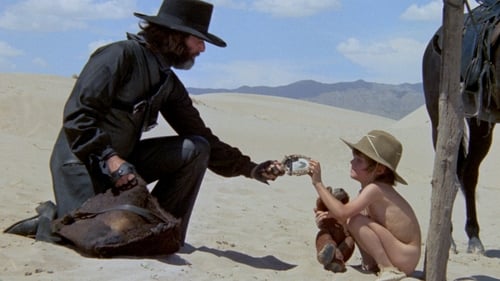Juan José Gurrola
Birth : 1935-10-19,
Death : 2007-06-01
History
Juan José Gurrola (Mexico City, November 19, 1935-ibidem, June 1, 2007) was an architect, radio, film and theater director, actor, set designer, playwright, painter, photographer and Mexican performer. He was awarded the National Prize for Sciences and Arts in the area of Fine Arts by the Mexican government in 2004.







